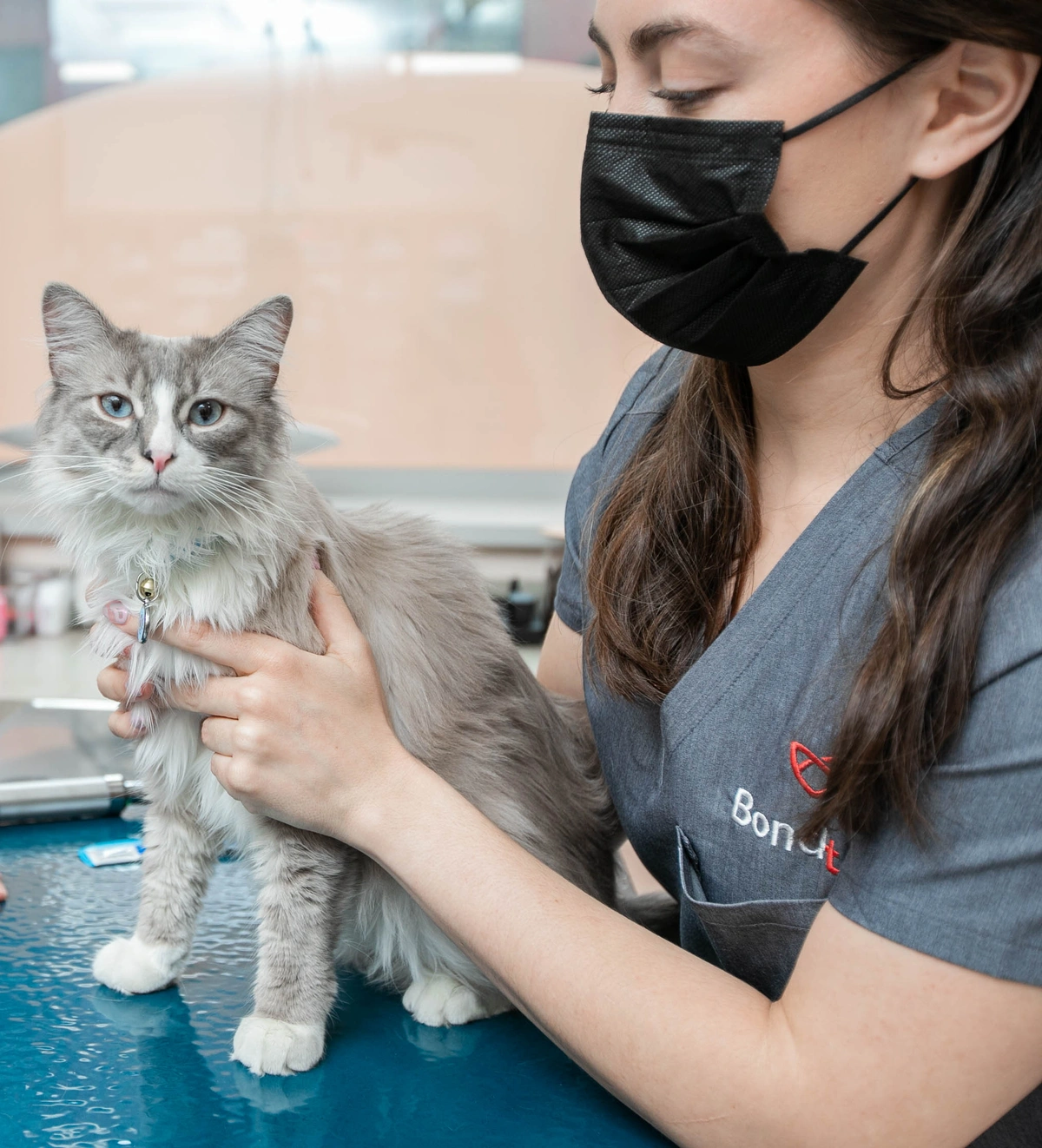Cats can potentially transmit certain diseases or infections to humans through contact with their feces. It’s important to practice good hygiene and take necessary precautions when handling cat feces to minimize the risk of infection.
Here are a few examples of health issues that can be transmitted from cat feces to humans:
Toxoplasmosis: Toxoplasmosis is caused by the parasite Toxoplasma gondii, which can be present in cat feces. While healthy individuals usually experience mild or no symptoms, pregnant women and individuals with weakened immune systems are more susceptible to complications. Toxoplasmosis can be transmitted through accidental ingestion of contaminated feces, typically through handling litter boxes or contaminated soil.
Cat Scratch Disease: Cat Scratch Disease (CSD) is caused by the bacteria Bartonella henselae, which can be present in a cat’s feces. CSD is usually transmitted through a scratch or bite from an infected cat. Symptoms in humans include fever, fatigue, swollen lymph nodes, and a skin rash.
Roundworms: Roundworms (Toxocara spp.) are intestinal parasites commonly found in cats. Humans can become infected by accidentally ingesting the eggs present in cat feces. This can occur through contaminated soil, improperly washed hands, or consumption of unwashed fruits or vegetables. In humans, roundworm infections can cause various symptoms, including abdominal pain, cough, fever, and, in severe cases, organ damage.
Giardiasis: is caused by the protozoan parasite Giardia duodenalis, which can be present in cat feces. Humans can contract giardiasis by ingesting the cysts through contaminated food, water, or contact with infected surfaces. Symptoms include diarrhea, abdominal cramps, bloating, and nausea.
:max_bytes(150000):strip_icc():format(webp)/giardia-in-cats-675604463-2000-8f8a671e177c4bf6b90724eb243ac7c7.jpg)
It’s important to note that the risk of contracting these infections from cat feces can be minimized by practicing good hygiene. Wash your hands thoroughly with soap and water after handling cat feces, cleaning litter boxes, or engaging in activities that involve contact with soil or potentially contaminated surfaces. Pregnant women or individuals with weakened immune systems should avoid handling cat litter boxes if possible or take extra precautions to reduce the risk of exposure.
If you have concerns about potential infections or specific health risks associated with handling cat feces, it is advisable to consult with a healthcare professional for personalized guidance and information.
The first step to avoid these diseases is to acquire portable cat litter box
Photo credit by




